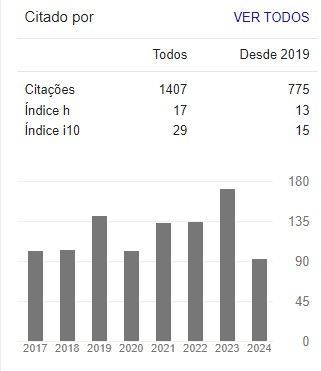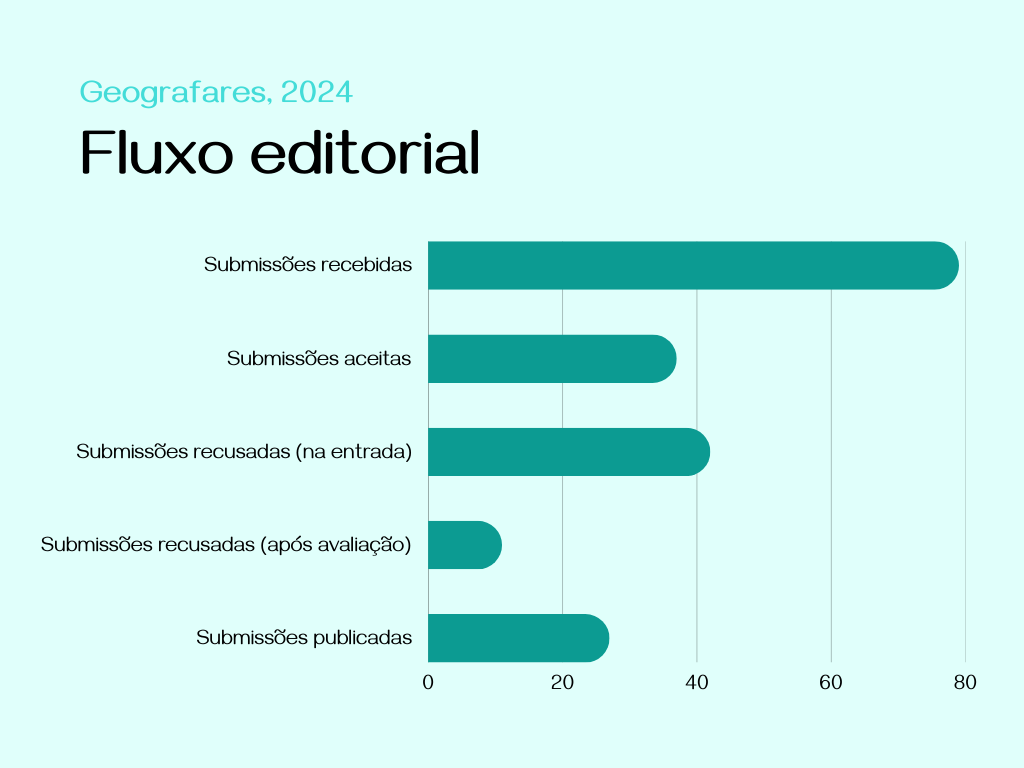Crisis theory and the fall in the rate of profit
DOI:
https://doi.org/10.7147/GEO28.24381Keywords:
Translation of Crisis theory and the fall in the rate of profitAbstract
David Harvey’s article argues against the importance given to the law of the tendency of the rate of profit to fall (TRPF), suggesting that Marx derived the “law” under “draconian” assumptions and that Engels was far more enthusiastic about it than Marx, who never went back to the theory later in his life despite its evident incompleteness. Therefore, he argues, we should not take his theoretical conclusions too far. In his view, Marx perceived crises as momentary and violent eruptions that resolve the existing contradictions which can be considered as opportunities of capitalist reconstruction rather than a sign of the imminent end of capitalism. Harvey argues that the rate of profit can be stabilized by a variety of factors such as a devaluation of the existing constant capital due to technical change, monopolization, or accelerating turnover times in both production and circulation. He argues, moreover, that a productivity increase that is not associated with job losses would not reduce surplus value production. Moreover, a fall in profit rates could result from a number of reasons rather than an increase in the organic composition of capital.
Translator: Cássio Arruda Boechat (cassio.boechat@ufes.br)
Downloads
Downloads
Published
How to Cite
Issue
Section
License
Copyrights Declaration
Authors who publish in the journal agree with the following terms:
- Authors will keep their copyrights and grant the journal the right to their first publishing, simultaneously licenced under Creative Commons Attribution License which allows sharing their work with authorship recognition and initial release through this journal.
- Authors may sign additional contracts separately diffusing a non-exclusively version of the paper published in this journal (i.g. publishing in institutional repository or as a book chapter), once citing the authorship and initial release through this journal.
- Authors are encouraged to publicize and diffuse their paper online, for example onto institutional repositories or on their personal websites.




























